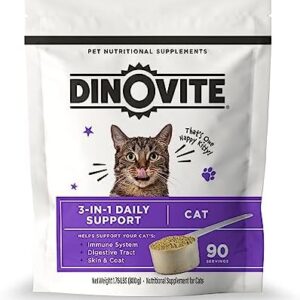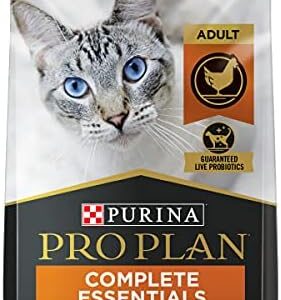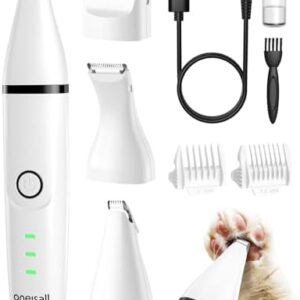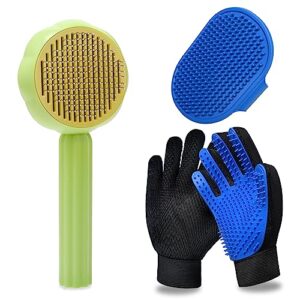
If you’re a cat owner, you’ve probably heard about grain-free cat food. It seems like everywhere you look, pet food companies are touting the benefits of feeding your feline friend a diet free of grains. But is all the hype surrounding grain-free cat food warranted? Is it really better for your cat than traditional cat food that contains grains? Let’s take a closer look at the scoop on grain-free cat food.
First off, what exactly is grain-free cat food? Grain-free cat food is exactly what it sounds like – cat food that does not contain grains such as wheat, corn, or soy. These grains are often used as fillers in cat food and can sometimes cause digestive issues in cats. Some cats may also have allergies or sensitivities to grains, making grain-free cat food a better option for them.
So, is grain-free cat food worth the hype? The answer is – it depends. Just like with any type of food, what works best for one cat may not work for another. Some cats thrive on a grain-free diet, while others do just fine on traditional cat food that contains grains.
One of the main arguments in favor of grain-free cat food is that cats are obligate carnivores, meaning that they require a diet high in animal proteins to thrive. Grains are not a natural part of a cat’s diet in the wild, so some people believe that cats should not be eating grains in their diets. Proponents of grain-free cat food also argue that grains can contribute to health issues such as obesity, diabetes, and allergies in cats.
On the other hand, some experts argue that grains are not necessarily bad for cats and can actually provide some benefits. Grains can be a good source of carbohydrates, which provide energy for your cat. They also contain fiber, which can help with digestion and keep your cat feeling full and satisfied. Additionally, some grains, such as brown rice and barley, can provide important nutrients such as vitamins, minerals, and antioxidants.
So, how do you know if grain-free cat food is the right choice for your cat? The best way to determine this is to consult with your veterinarian. Your vet can help you assess your cat’s individual needs and recommend a diet that is tailored to meet those needs. If your cat has allergies or sensitivities to grains, grain-free cat food may be a good option. However, if your cat does not have any issues with grains, a diet that contains grains may be just fine.
When choosing a grain-free cat food, it’s important to look for a high-quality brand that uses real meat as the main ingredient. Avoid products that contain fillers, by-products, or artificial colors and preservatives. Look for a brand that is made with natural, wholesome ingredients and is formulated to meet your cat’s nutritional needs.
In conclusion, the debate over grain-free cat food is ongoing, with passionate arguments on both sides. While some cats may benefit from a grain-free diet, it is not necessarily the right choice for every cat. The most important thing is to choose a high-quality cat food that meets your cat’s individual needs and is recommended by your veterinarian.
Ultimately, whether or not grain-free cat food is worth the hype is a decision that is best made in consultation with your vet. Your vet can help you determine what is best for your cat based on their health, dietary needs, and any allergies or sensitivities they may have. So, do your research, talk to your vet, and make the choice that is best for your furry friend.






